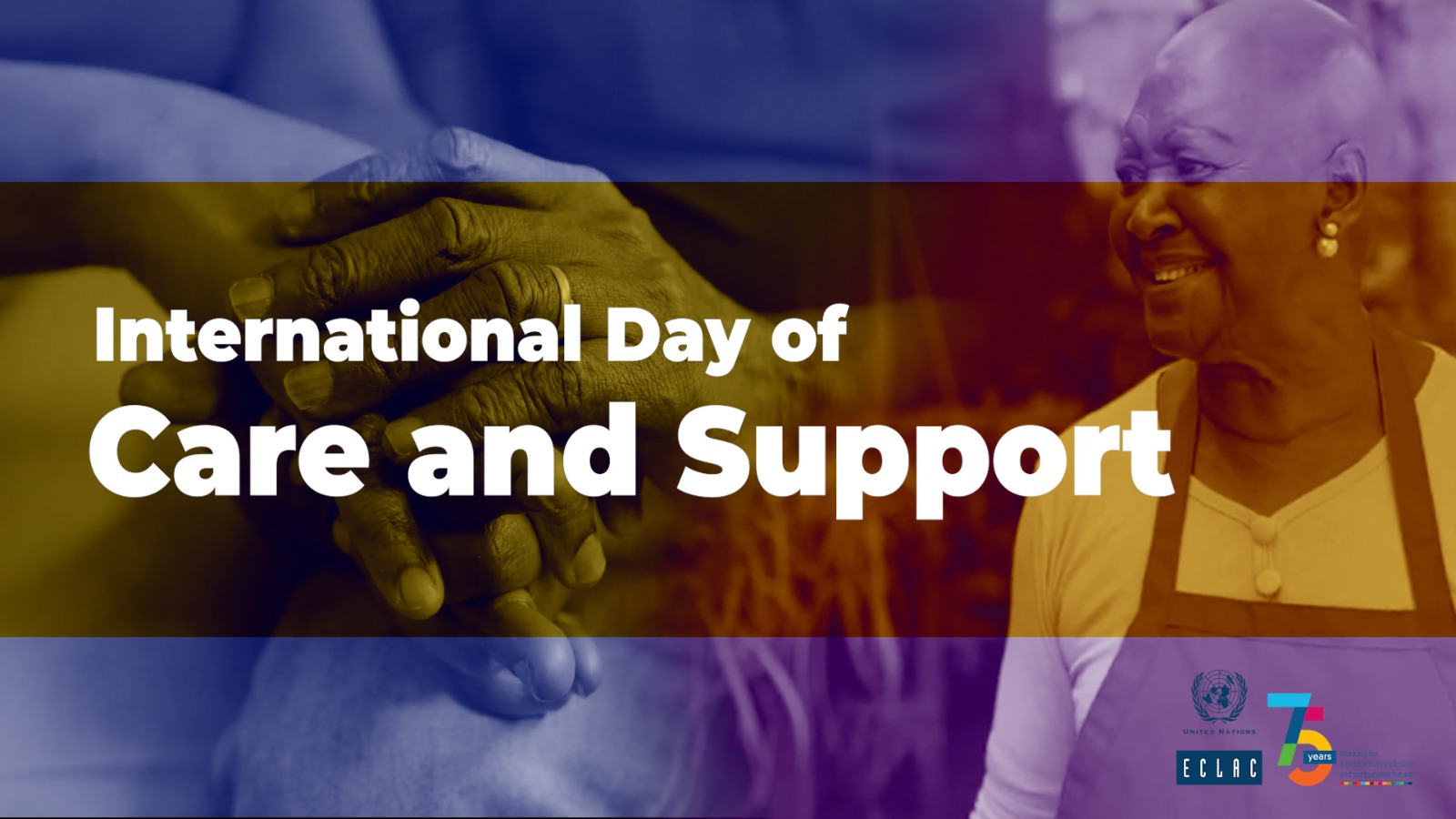A Care Society for a Better World
Work area(s)
By José Manuel Salazar-Xirinachs, Executive Secretary of ECLAC.

October 29th marks the International Day of Care and Support, an occasion for stressing the importance of mobilizing efforts and pooling resources on a fundamental issue of justice and inclusion. This is about building a better society today that prioritizes care for people and the planet to have a better world tomorrow.
Latin America and the Caribbean today faces multiple crises that threaten to deepen historical inequalities. In addition to a low-growth trend that affects the possibility of creating better jobs, there is an environmental crisis and structural inequality that disproportionately affects women. They face lower labour force participation than men, greater poverty, and an excess burden of unpaid work and care work. The future has caught up with us and the demand for care work is intensifying due to population ageing, epidemiological changes, and the effects of climate change. Against this backdrop, incremental changes are not enough; bold policies are needed to redefine our course. We have the opportunity to build a future where burdens are shared fairly and time, resources, power and work are redistributed, in order to move towards a new development pattern and a more equal society.
In recent decades, we have documented the considerable educational progress of women, yet their labour force participation has not grown proportionally. Today, half of all women remain outside the labour market, in contrast to men, who have a participation rate of over 75%. This challenge is rooted in the sexual division of labour and, to a large extent, in the care work that falls mostly to women. In our region, time-use measurements show that women spend almost triple the amount of time that men do on unpaid domestic and care work. Thus, achieving equality and justice requires redefining these burdens and creating a care society.
A society that reorganizes care in a fair manner not only offers us an ethical way forward, but also a strategy for boosting economies through a growing sector. Strengthening the care sector in the economy and recognizing, redistributing and reducing work that is currently unpaid, by generating quality care-related employment, is a crucial strategy for achieving gender equality, the well-being of society as a whole and for economic growth. The economic contribution of unpaid domestic and care work represents 21.3% of GDP on average in the region, exceeding a quarter of total GDP in some countries, and 74.5% of this contribution is made by women.
There are reasons to be optimistic, but we must be proactive. Latin America and the Caribbean has a Regional Gender Agenda, designed and agreed upon by countries over the last 45 years in the framework of the Regional Conference on Women in Latin America and the Caribbean. This agenda reaffirms the principles of universality and progressivity, and the importance of co-responsibility for redistributing care work both between men and women and between the State, the market, communities, families and individuals, which entails long-term economic compacts and the need to incorporate care objectives into all public policies, including those on education, health, social protection, and macroeconomic and fiscal matters.
We at ECLAC believe that the care society is a fundamental part of the structural transformation of our societies and should lead to the recognition of care as a right, as essential work, and as a sector with the potential to revitalize economies. Promoting the care society calls on us today, and every day, to achieve gender equality and a more productive, inclusive and sustainable future.